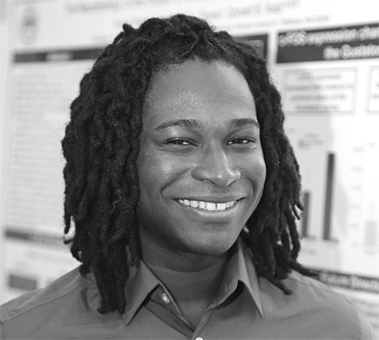Elon Mathieson
 Katz Laboratory
Katz Laboratory
Department of Psychology
Brandeis University
Tasty Place Cells: Multimodality in the Hippocampus
Poster Abstract
The hippocampus plays a central role in spatial learning and memory. In fact, the CA1 region of the rat hippocampus can be considered a spatial map since it consists of neurons known as place cells that fire in a specific location of the animal’s environment. These cells have been known to not only respond to specific locations but other stimuli such as odors. However, there is little research in understanding the role of the hippocampus in relation to taste learning. Prior research has shown that inactivation of the hippocampus interestingly enhances conditioned taste aversion (CTA), a type of associative learning. As a result, the aim of the experiment was to characterize how hippocampal CA1 neurons respond to tastes. Preliminary results suggest that there may be place cells in the hippocampus that also respond to tastes. These “tasty place cells” may play a role in taste learning paradigms such as CTA, as well as offer a relationship between location and taste responses.
Personal Statement
Whether an experience is old or new does not matter but rather the growth that you go through. This summer completes a full year of me being a part of a lab. This opportunity has given me a new perspective on my own growth. In my opinion, the most important characteristic that I have received this summer has been autonomy. I have been given the freedom to explore my ideas as well as offer meaningful discussion. I have grown from simply learning to navigate my environment to being a part of it. What I have gained is an aspect that will continue to last throughout my time at Brandeis and within my lab. I have gained important skills in communicating my ideas, analyzing papers, and critical thinking skills that I would not have gained until
later in my career. This opportunity has truly helped my growth as a researcher and as an individual.